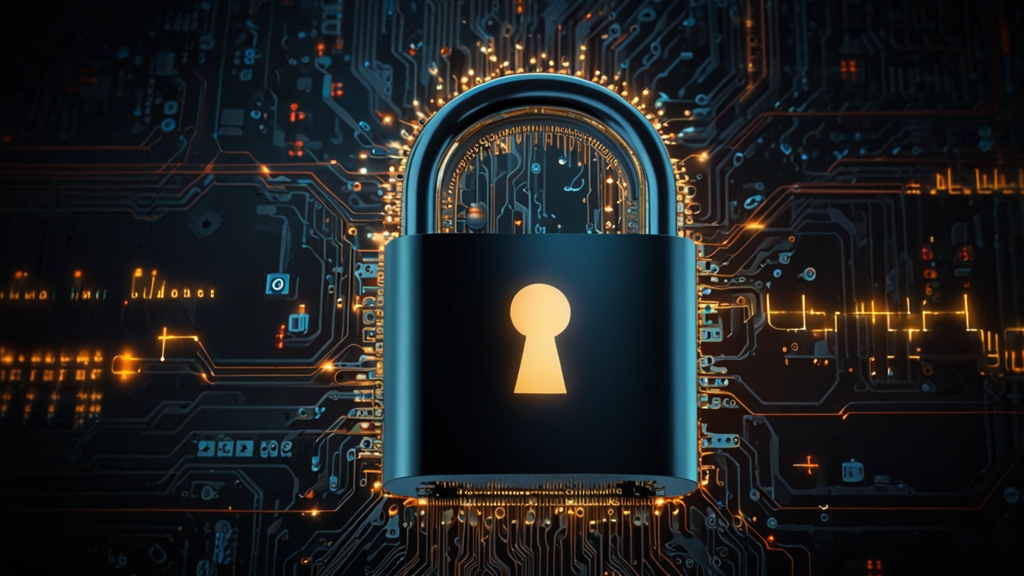The Role of Logic in Cybersecurity: Protecting Your Data
In today's digital age, cybersecurity is not just a luxury but a necessity. The increasing prevalence of cyber threats makes it imperative to safeguard data. At the heart of effective cybersecurity lies logical thinking. This article explores the undeniable role of logic in cybersecurity and how it fortifies data protection strategies.
Understanding Logical Thinking in Cybersecurity
Logic, in its most fundamental form, involves structured thinking and reasoning to arrive at a sound conclusion. In cybersecurity, logic is crucial for identifying potential threats, analyzing risks, and designing robust security frameworks.
Threat Identification and Analysis
One of the first steps in cybersecurity is the identification and analysis of potential threats. Logical thinking is essential to distinguish between genuine threats and false positives. Cybersecurity professionals employ a systematic approach using logical algorithms and heuristics to pinpoint vulnerabilities.
"The foundation of robust cybersecurity measures is an analytical mindset that embraces structured problem-solving and intelligent decision-making." - Cybersecurity Expert
Designing Security Protocols
Designing effective security protocols requires a logical framework that considers all possible entry points for breaches. Logical reasoning assists in constructing multilayered security defenses, ensuring that if one layer is compromised, others remain intact to protect the data.
By employing logical techniques, security protocols can dynamically adapt to new threats, much like an immune system that evolves over time to counteract emerging pathogens.
"In cybersecurity, as in chess, each move must be meticulously planned and executed with a clear understanding of potential counter-moves." - Information Security Analyst
Risk Management and Mitigation
Risk management involves assessing the impact and likelihood of various cyber threats. Logical methods are used to prioritize risks and allocate resources efficiently. This involves quantitative risk assessments, scenario analysis, and simulation models to predict and prepare for possible security breaches.
Incident Response
When a cyber attack occurs, the response must be swift and decisive. A logical approach is indispensable in incident response, where the need to act quickly must be balanced with the need to act correctly. Logical frameworks guide decision-makers in isolating affected systems, mitigating damage, and restoring normal operations.
"Effective incident response hinges on logical execution, where each step is part of a well-considered plan aimed at minimizing the damage and restoring integrity." - Incident Response Specialist
Continuous Improvement
In cybersecurity, continuous learning and enhancement of security measures are paramount. Logical reasoning enables the iterative improvement of security systems. By analyzing past incidents and adapting to new threats, cybersecurity professionals can continually refine their strategies and protocols.
Conclusion
The role of logic in cybersecurity cannot be overstated. It permeates every aspect of protecting data, from threat identification to incident response and continuous improvement. As cyber threats evolve, the need for a logical, disciplined approach to cybersecurity becomes ever more critical. By embracing the principles of logical thinking, organizations can enhance their cybersecurity posture and safeguard their valuable data against increasingly sophisticated cyber threats.






